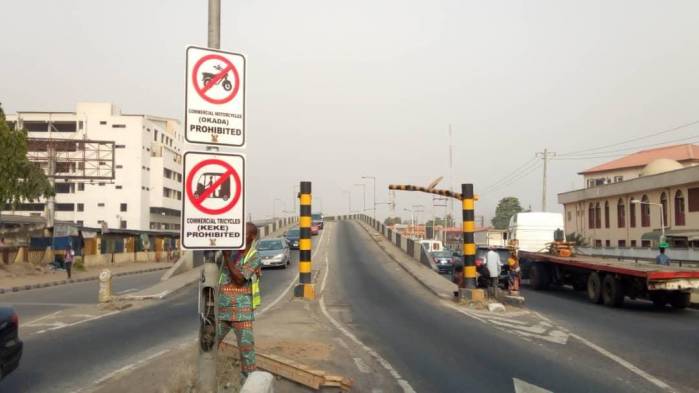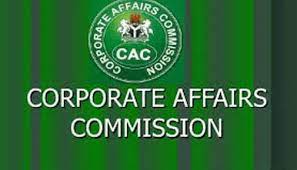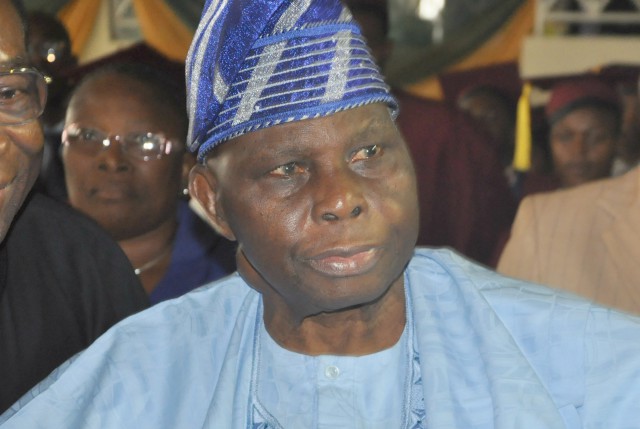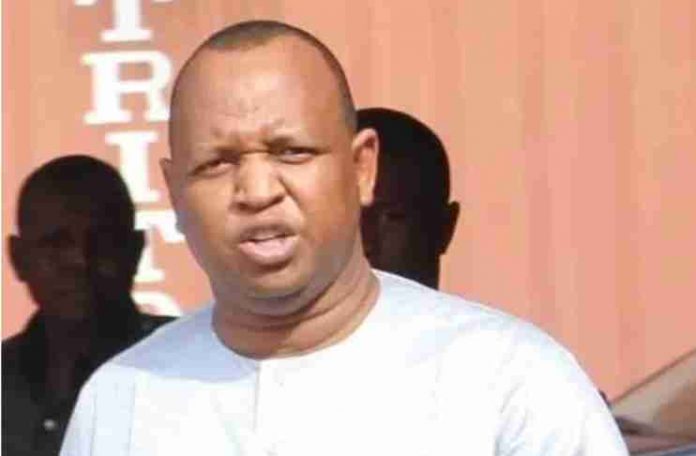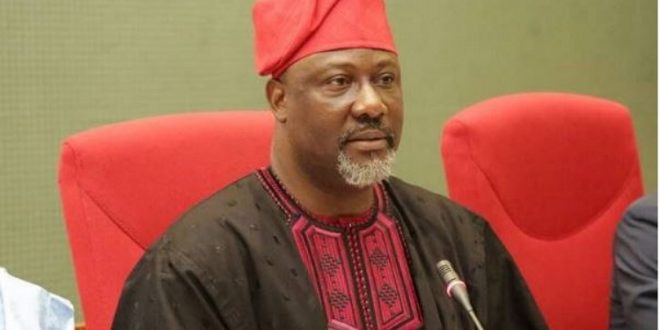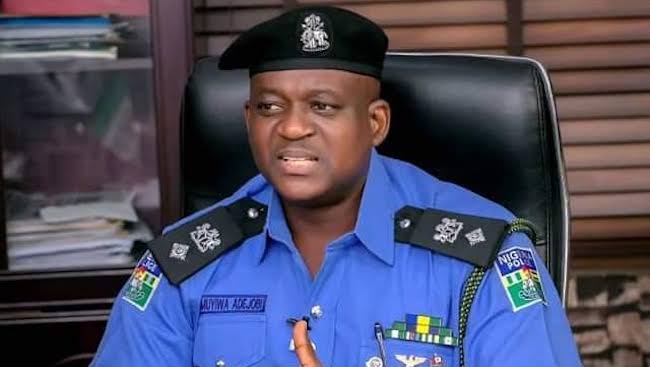In a renewed effort to create awareness on Lagos State Traffic Laws on restricted areas for the operation of motorcycles, popularly called Okada, and tricycles, the Lagos State government has commenced installation of 2,000 tricycles and Okada prohibited areas signs across the metropolis.
Dr. Frederic Oladeinde, Commissioner for Transportation, in a chat with journalists at the weekend, stated that several road signs had been put in place indicating areas where tricycles and motorcycles operations were prohibited.
He warned that anyone who would violate the law after the signs had been put in place would be punished according to the provisions of the state’s traffic law.
Oladeinde explained that the road signs, which had been mounted on major highways, including the Third Mainland Bridge, Agege Motor Road, Apapa-Oshodi Expressway, Lagos-Badagry Expressway and Lagos-Ibadan Expressway, would further create awareness on restricted areas for Okadas and tricycles, as prescribed by the state government.
READ ALSO: Rail Project: LASG Closes Roads In Ikeja, Iganmu
“We have successfully placed road signs on the Third Mainland Bridge, Agege Motor Road, Apapa-Oshodi Expressway, Lagos-Badagry Expressway, Lagos-Ibadan Expressway and other places to indicate areas that motorcyclists and tricycles are restricted and we urge that they comply for safety of their lives and members of the public as we will apply the law on any erring Okada rider that violates our law,” the commissioner warned.
Oladeinde explained further that motorcycle and tricycle operations remained restricted on highways and bridges in all the Local Government areas, including Apapa, Ikeja, Ikoyi, Surulere, Eti-Osa and Lagos Island, which, according to him, would be covered adequately with the signs to ensure that road safety culture is engraved in the consciousness of road users across the state.
The commissioner urged Lagosians to cooperate with the state government’s initiatives to tackle traffic gridlock in the metropolis as it would provide faster result in decongesting the highways of traffic which in turn would create seamless movement of goods and service that would ultimately improve the state’s economy.
